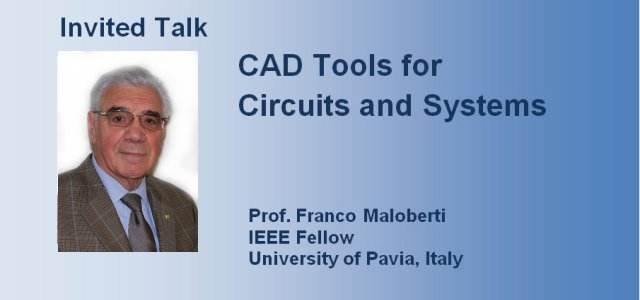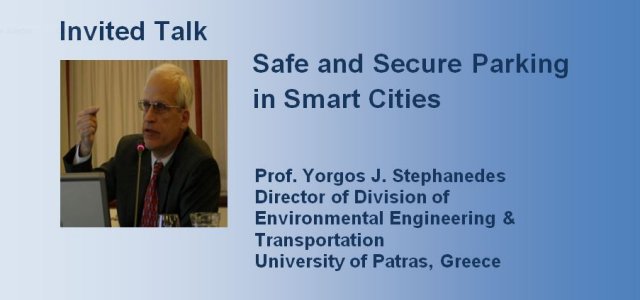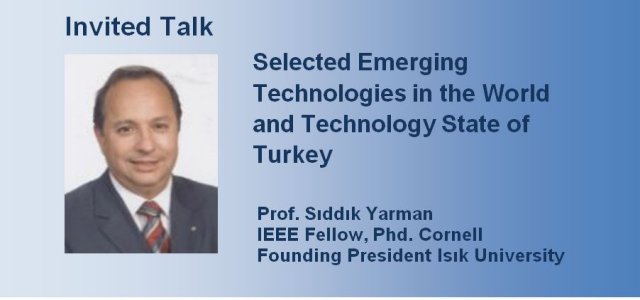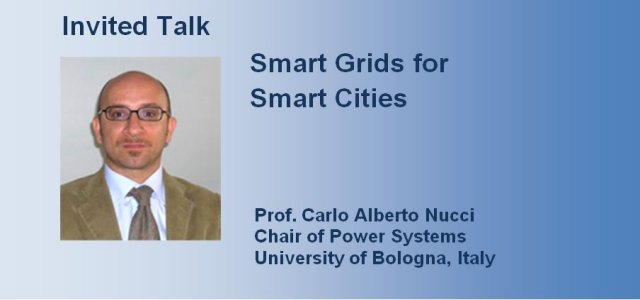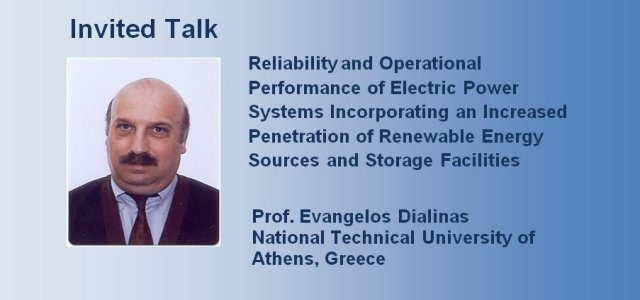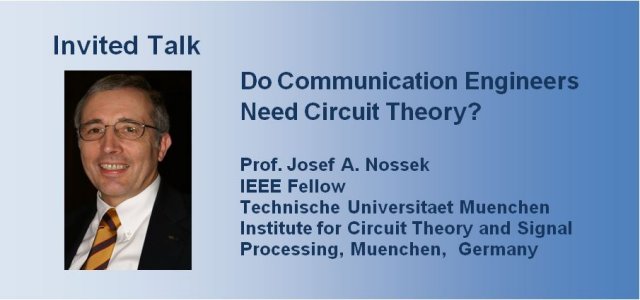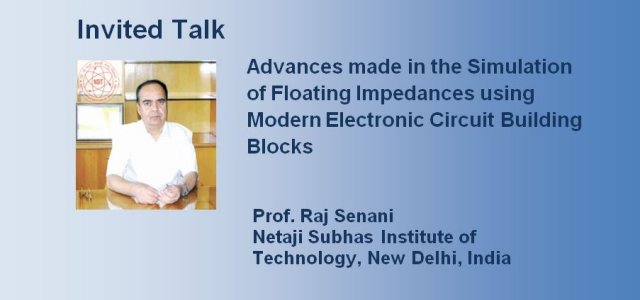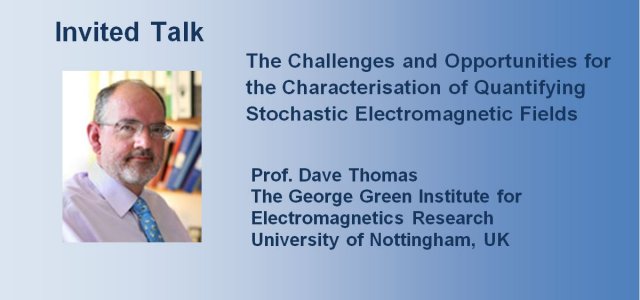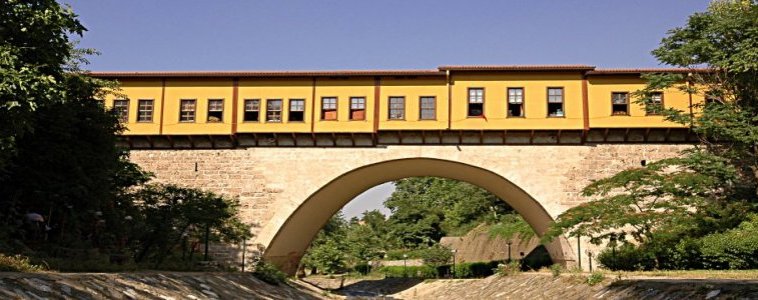
CAD Tools for Circuits and Systems
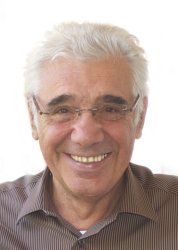
by Prof. Franco Maloberti
University of Pavia, Italy
The technology progress allows more and more complex systems integrated on a single chip. The design of small analog and huge digital sections involves many steps and verifications with a massive use of CAD tools. Large designs require high designer productivity to ensure reasonable design schedules and costs, and this leads to a greater importance for CAD tools. In addition, the shrinking of line-width leads to very small geometries and pushes the clock frequency to high values, making relevant the limits of various parasitic elements, interferences and on-chip interconnections.
In the past it was possible to design systems with separate steps going from the system level down to circuit and layout. The exponential growth of complexity makes now very important an overall planning and an early analysis of trade-offs. Relevant parameters are speed of operation, power consumption, silicon area, crosstalk and coupling noise.
All the above is achieved with sophisticated CAD tools whose use requires specific competences. However, modern tools are source of problematic aspects affecting the designer and the researcher profession. This presentation, after discussing key features of modern CAD tools (from an analog designer point of view) will present the evolution of the use of CAD tools and their impact on the analog and digital design.
Biography:
Franco Maloberti received the Laurea Degree in Physics (Summa cum Laude) from the University of Parma, Parma Italy, in 1968 and the Dr. Honoris Causa degree in Electronics from the Instituto Nacional de Astrofisica, Optica y Electronica (Inaoe), Puebla, Mexico in 1996. He was a Visiting Professor at ETH-PEL, Zurich in 1993 and at EPFL-LEG, Lausanne in 2004. He was the TI/J.Kilby Analog Engineering Chair Professor at the Texas A&M University and the Distinguished Microelectronic Chair Professor at University of Texas at Dallas. Currently he is Professor at the University of Pavia, Italy and Honorary Professor at the University of Macau, China SAR. His professional expertise is in the design, analysis and characterization of integrated circuits and analogue digital applications, mainly in the areas of switched capacitor circuits, data converters, interfaces for telecommunication and sensor systems, and CAD for analogue and mixed A-D design. He has written more than 500 published papers, five books and holds 33 patents. He was in 1992 recipient of the XII Pedriali Prize for his technical and scientific contributions to national industrial production. He was co-recipient of the 1996 Institute of Electrical Engineers (U.K.) Fleming Premium. He has been responsible at both technical and management levels for many research programs including ten ESPRIT projects and has served the European Commission as ESPRIT Projects' Evaluator, Reviewer and as European Union expert in many European Initiatives. He served the Academy of Finland on the assessment of electronic research in Academic institutions and on the research programs’ evaluations. He served the National Research Council of Portugal on a Board for the research activity assessment of Portuguese Universities. He was a Member of the Advisory Board of INESC-Lisbon, Portugal. He is the Chairman of the Academic Committee of the Microelectronics Key Lab. Macau, China.
He is the President Elect of the IEEE CAS Society, he was VP Region 8 of IEEE CAS (1995-1997), Associate Editor of IEEE-TCAS-II, President of the IEEE Sensor Council (2002-2003), IEEE CAS BoG member (2003-2005), VP Publications IEEE CAS (2007-2008). He was DL IEEE SSC Society (2009-2010) and DL IEEE CAS Society (2006-2007; 2012-2013). He received the 1999 IEEE CAS Society Meritorious Service Award, the 2000 CAS Society Golden Jubilee Medal, and the IEEE 2000 Millenium Medal. He received the 1996 IEE Fleming Premium, the ESSCIRC 2007 Best Paper Award and the IEEJ Workshop 2007 and 2010 Best Paper Award. He received the IEEE CAS Society 2013 Mac Van Valkenburg Award. He is an IEEE Fellow.
